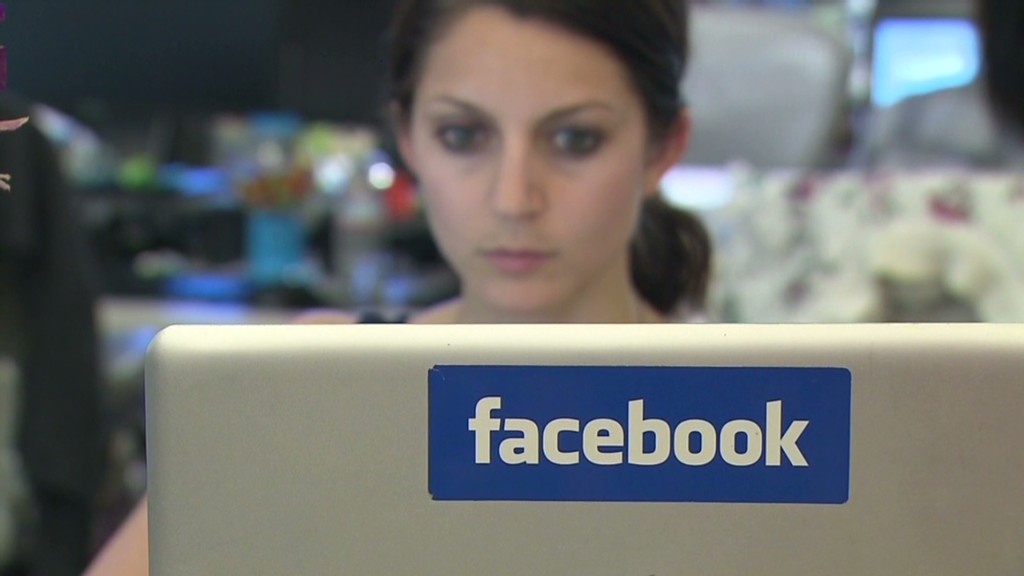
Facebook can't seem to bring itself to apologize for performing psychological experiments on its users.
In her first public statement on the matter, Facebook Chief Operating Officer Sheryl Sandberg said that the outrage over the company's controversial study was all a big misunderstanding.
"This was part of ongoing research companies do to test different products, and that was what it was. It was poorly communicated," said Sandberg at an Indian Chambers of Commerce event in New Delhi on Wednesday. "And for that communication we apologize. We never meant to upset you."
Internet users were angry earlier this week when Facebook (FB) revealed that it intentionally made a subset of its users less happy during a week in 2012. As part of the study, Facebook changed the mix in the News Feeds of almost 690,000 users. Some people were shown more positive posts, while others were shown more negative posts.

In an interview with India's NDTV Wednesday, Sandberg reiterated that the company was sorry for the lack of transparency -- but not for the study itself.
"We clearly communicated really badly about this, and that we really regret," Sandberg said.
Related: Facebook treats you like a lab rat
When pressed if Facebook plans on apologizing, Sandberg came closer to offering a mea-culpa, but still didn't quite get there.
"Facebook has apologized, and certainly never wants to do anything that upsets users -- and particularly for communicating really badly."
But has Facebook really apologized for conducting the mood manipulation study itself? Not quite.
The Facebook researcher who designed the experiment, Adam D. I. Kramer, said in a post Sunday that he was sorry for the way the study was presented and for the uproar it caused.
"I can tell you that our goal was never to upset anyone," Kramer wrote. "I can understand why some people have concerns about it, and my coauthors and I are very sorry for the way the paper described the research and any anxiety it caused. In hindsight, the research benefits of the paper may not have justified all of this anxiety."
Related: Internet outraged by Facebook's 'creepy' mood experiment
Facebook's official statement didn't come close to apologizing. In fact, the company defended the study as a way to "improve our services and to make the content people see on Facebook as relevant and engaging as possible."
"We carefully consider what research we do and have a strong internal review process," a Facebook spokesman said in a statement. "There is no unnecessary collection of people's data in connection with these research initiatives and all data is stored securely."
Facebook did not respond to a request for a comment on whether the company plans on apologizing for the study itself.

